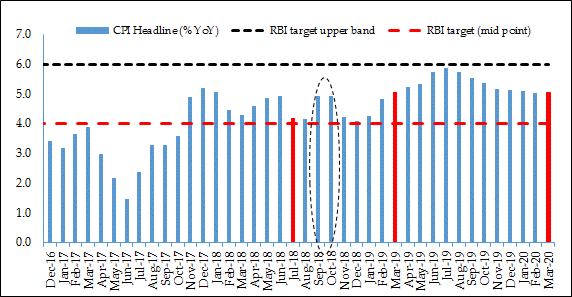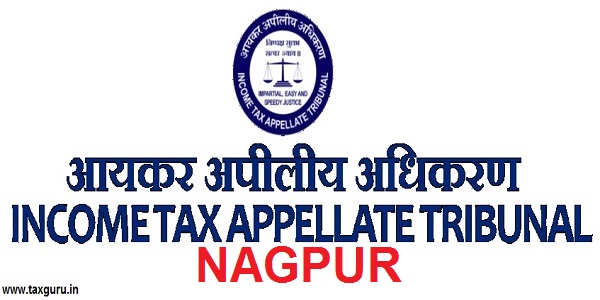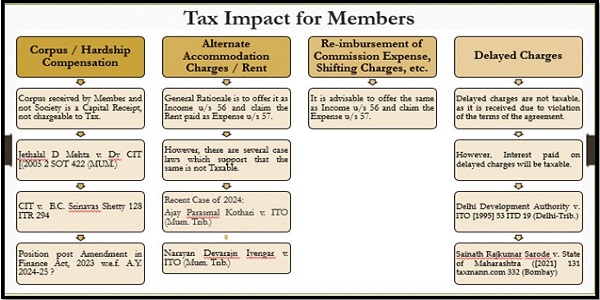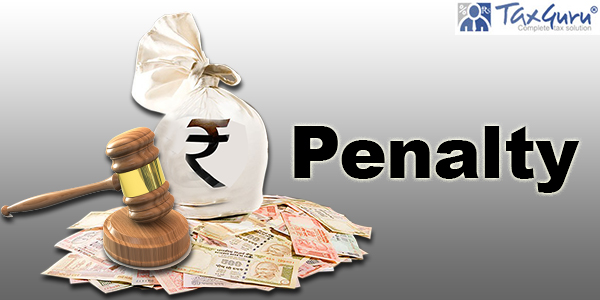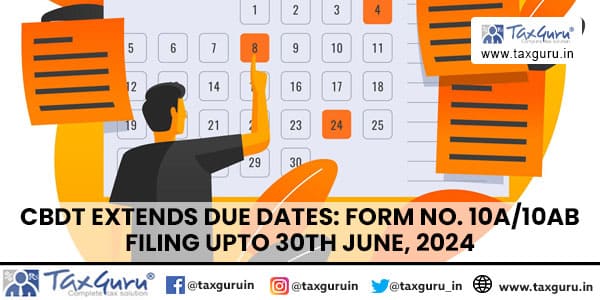
The Turkish lira, which sank 16% on Friday, plunged yet again (6.7% yesterday) to hit a record-low of 7.22 against the dollar. Contagion fears hit other emerging market currencies as well with the EM FX index declining by 0.7%. Meanwhile, the JPY appreciated on account of its safe haven demand and the USD index rose to a 13-month high level of 96.36. Against such a backdrop, the INR also depreciated by 1.6% (110 paise) and touched an all-time low of 69.94 against the dollar yesterday.
Even as the investors’ sentiment was more or less negative throughout the day (what we call the ‘Turkish hangover’), the domestic inflation data (released late last evening) was lower than expected and came as a pleasant surprise.
- CPI inflation declined from 4.92% in June to 4.17% in July. Our as well as the consensus estimate was for a reading of 4.5%. While a favourable base led to the drop in headline number, lower-than-expected rise in food prices also pulled the number down.
- Food and beverages prices inched up 1.4% MoM compared to a rise of 0.9% in June. However, the sequential rise was much lower than the historical trend of 2.1% for the month of July. Fruits recorded a reduction in prices for the second consecutive month (-1% MoM), while vegetable prices inched up by 8.6% MoM after rising on average by 4.1% in May and June.
- Core-core inflation (excluding food, fuel, petrol and diesel) moderated from around 6% in June to 5.5% in July. However, important to note that the sequential momentum at 0.5% MoM was more or less in line with the seasonal average of 0.6%, indicating that the demand-pulled inflation or so called core pressures remain unchanged for the economy.
Table 1: Inflation Data

Source: CEIC, Reuters and HDFC Bank
How could Bond and FX markets react today?
From the perspective of the bond market, lower than expected inflation print could reduce the likelihood of a rate hike from the RBI in October. This could come as a bit of relief and yields could decline by 5-10 bps. Important to note that the decline in yields is likely to be ‘very’ limited because of the risk off sentiment globally and somewhat weak demand from the foreign investors.
- Moreover, even as the headline inflation declined in July, the worrisome part (of yesterday’s data print) was that core inflation continued to be high. Going ahead, while the August inflation print could come close to 4%, the key numbers to watch out would be for September and October (which could again inch up again). We still expect March-2019 inflation to come close to 5.1%.
Chart 1: CPI inflation projections
Source: CEIC, HDFC Bank and Reuters
- In a nutshell, what happens because of the MSP hike, for both Kharif and Rabi output, how the exchange rate risk plays out in terms of imported inflation, and how the output gap evolves in the long term are some risks that are still very much there. Thus, another rate hike is still on the table in our view and this could be a bigger reason as to why the bond markets might not react too much to yesterday’s mild inflation print.
From the perspective of FX markets, it could be a double whammy. One, the lower probability of a rate hike in October could be a mild-negative for the rupee. Meanwhile, the negative sentiment (related to Turkey’s crisis) could continue to play today as well. As highlighted in our recent note (Déjà vu, 13th August, 2018), in a momentum trade, fundamentals play very little role. Thus despite the fact that fact India’s is significantly better in terms of its vulnerability ratios, the run towards safe-haven assets (US and Japan treasuries in particular) in such an environment could lead to some short-term depreciation in the INR.
- Even as the core pressure on the INR could be negative (i.e. to depreciate), intervention from the RBI could prevent the downside movement today. This could be done to curtail the negative momentum trade that almost took the exchange rate to 70 levels yesterday.
*Mr. Abheek Barua, Chief Economist, HDFC Bank. Mr. Barua tweets at @AbheekHDFCBank.


